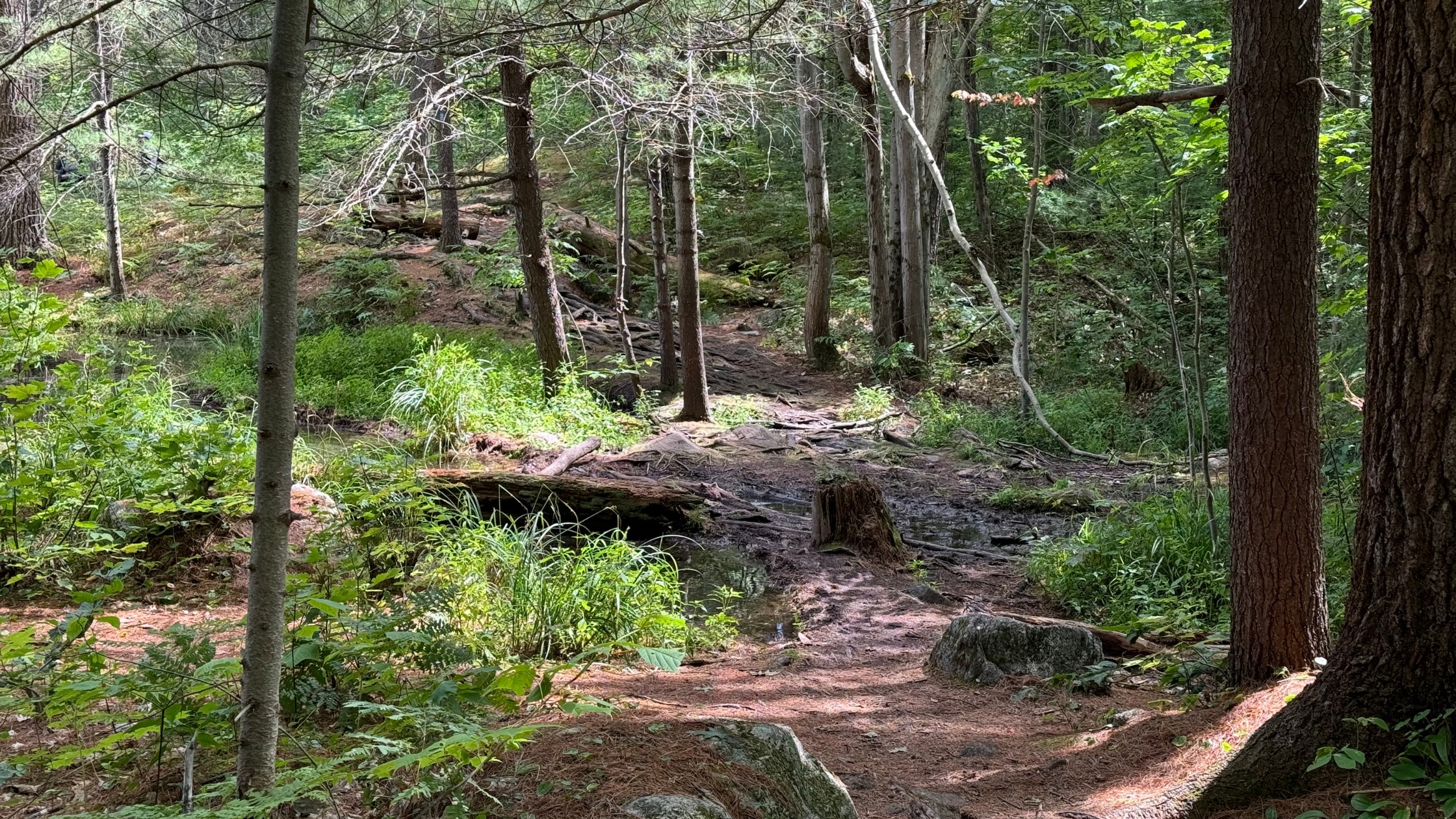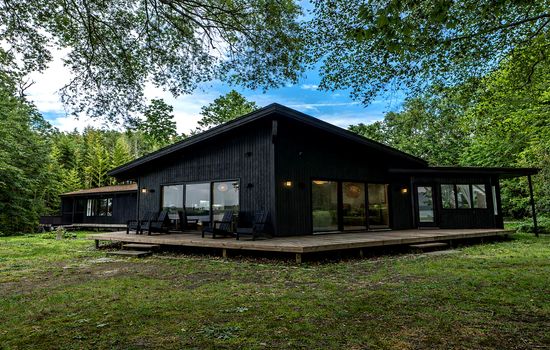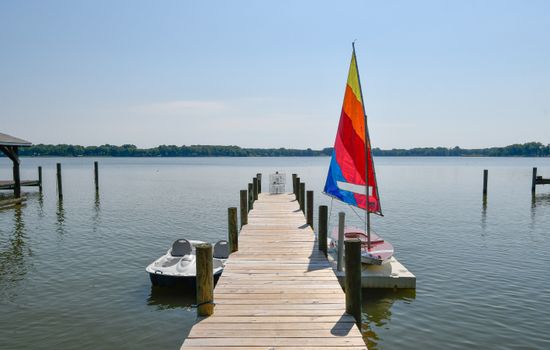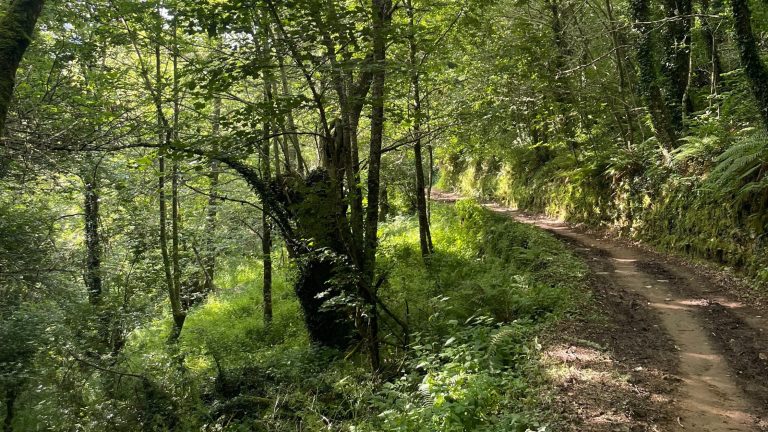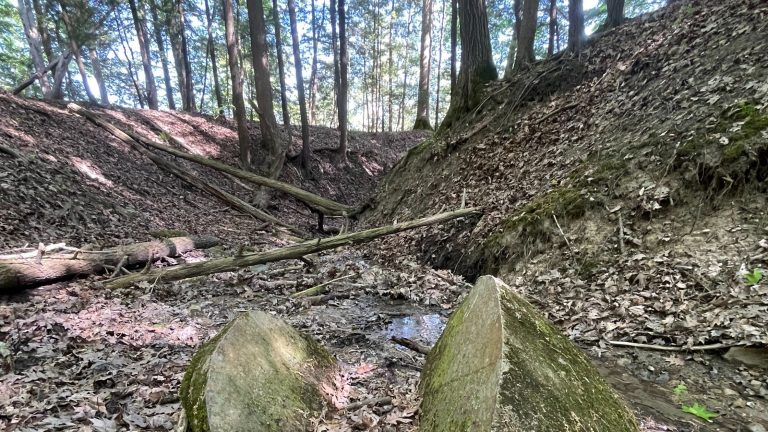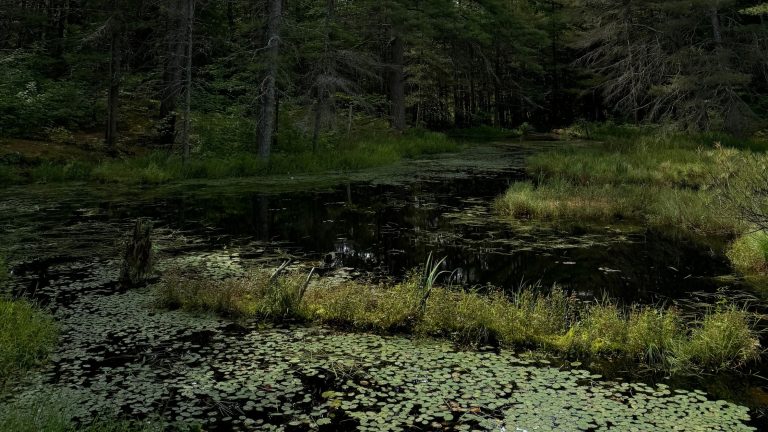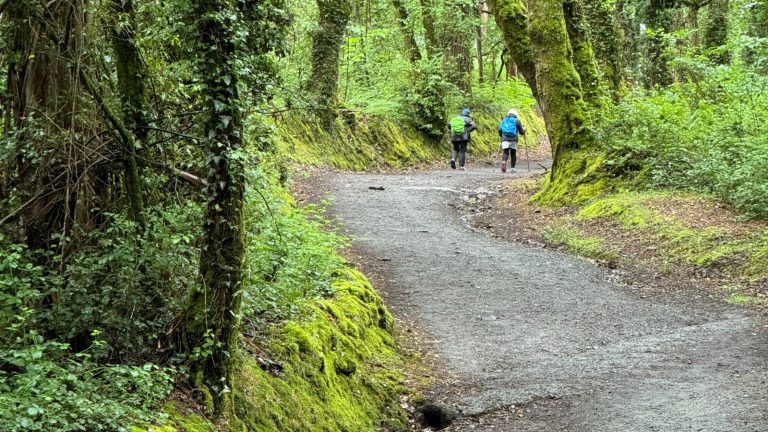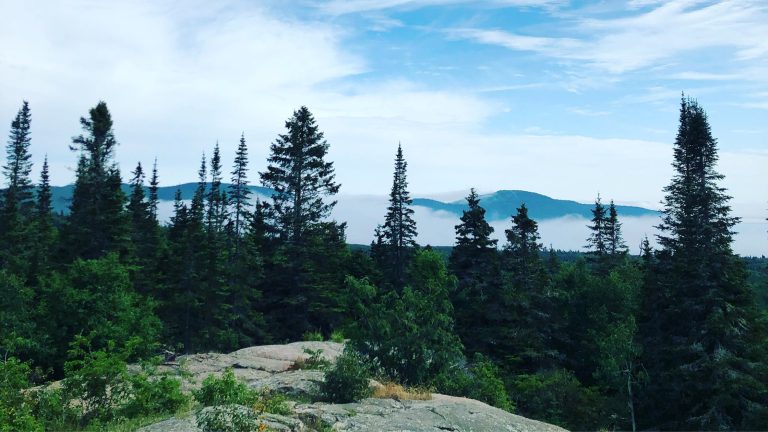Honoring Heroes: The Iconic Bronze Statue Overlooking Washington D.C.
Newest
Luxury rentals
Family-friendly
Honoring Heroes: The Iconic Bronze Statue Overlooking Washington D.C.
Perched on Arlington Ridge, the United States Marine Corps War Memorial, often referred to as the Iwo Jima Memorial, stands as a poignant tribute to the valor and sacrifice of Marines since 1775. This iconic monument, one of the largest cast bronze sculptures in the world, features 32-foot-high figures of six Marines raising the American flag atop Mount Suribachi, a scene immortalized by Joe Rosenthal’s Pulitzer Prize-winning photograph from the Battle of Iwo Jima.
Set against the backdrop of the Washington, D.C. skyline, the memorial offers panoramic views of landmarks like the Lincoln Memorial, Washington Monument, and Capitol Building. The gilded granite base upon which the bronze figures stand adds a touch of elegance, while the surrounding grounds, open year-round from 6 a.m. to midnight, invite contemplation and reflection.
Visitors can stroll from the Rosslyn or Arlington National Cemetery Metro stations, passing by the Netherlands Carillon, whose melodic chimes fill the air. The memorial’s proximity to Arlington National Cemetery underscores its significance as a place of honor and remembrance. As the seasons change, the memorial grounds transform—spring blooms with vibrant flowers, summer brings warmth and lively events, autumn paints the landscape with golden hues, and winter wraps the area in a serene silence.
For those seeking more than a momentary visit, nearby artisan towns and local outfitters offer a range of experiences. From portable toilets and water fountains to ranger-led programs, every detail is thoughtfully provided to enhance the visitor’s experience. Whether you come to pay respects, capture a photograph, or simply to absorb the historical significance, the Marine Corps War Memorial is a must-visit destination that embodies the spirit of courage and sacrifice.
Seasons
Visit in spring for mild temperatures (60s-70s°F) and vibrant blooming scenery. Catch the Sunset Parades on Tuesday evenings in June, featuring the Marine Drum & Bugle Corps and Silent Drill Platoon, a perfect blend of outdoor spectacle and military precision. Ideal for an immersive and patriotic experience.
Visit in summer for the Sunset Parade, a 45-minute ceremony featuring the Marine Drum & Bugle Corps and Silent Drill Platoon. June to August, temperatures often reach the mid-80s to low 90s, with humid weather. Arrive early to secure a spot on the lush lawns. Free admission.
Visit in fall, when temperatures range from 50 to 70°F, and crisp air enhances the solemn beauty of the memorial. Witness the Changing of the Guard ceremony, a poignant reminder of dedication, especially during cooler months. Ideal for a reflective stroll amidst autumn hues.[
Visit in winter, from December to February, when temperatures range from 37°F to 45°F. Crisp air and snowy landscapes add a serene beauty, but be prepared for cold and potential snow. A less crowded, contemplative experience awaits.
Top 3 Facts about United States Marine Corps War Memorial
The M1 rifle carried by one of the figures is approximately 16 feet long, and the carbines are about 12 feet long, while the canteen would hold 32 quarts of water if filled. The base is made of polished Swedish black granite.
This solemn grounds, dedicated to the bravery of Marines, is also a haven for wildlife. Among the memorial’s serene landscape, Rock Pigeons and Mourning Doves flutter through the skies, while Fish Crows make their presence known. The area’s flora is dotted with mature trees and manicured lawns, creating a tranquil backdrop for reflection. Here, nature and history coalesce, offering a unique experience for those seeking to honor the past and appreciate the natural beauty that surrounds it.
Along the Potomac River, which borders this memorial, the water glimmers with a soft blue hue, reflecting the sky above. The nearby Netherlands Carillon, with its 53 bells, stands amidst a landscape of meticulously manicured lawns and trees, overlooking the river’s gentle flow. The memorial’s surroundings are characterized by the mild climate of the Mid-Atlantic, with temperatures ranging from chilly winters to warm summers, adding a dynamic layer to the serene atmosphere.
Travel Tips
Plan Ahead
Visit in spring for mild weather and Memorial Day ceremonies. Plan a half-day trip, using the nearby metro station and parking lot. Wear comfortable shoes for walking on hilly terrain; bring water and snacks. Stop by the Welcome Center for maps and guides before exploring notable sites like the Tomb of the Unknown Soldier.[-5]
Pack Appropriately
Pack light snacks, refillable water bottle, and an umbrella for sun and rain. Wear comfortable shoes for walking. Bring layers for changing weather and a small backpack for essentials. Check the season to adjust clothing and gear accordingly.
Respect Wildlife
Respect native flora by staying on paths, especially during blooming seasons. Avoid disturbing wildlife habitats and keep a safe distance from animals. Reduce waste and recycle to preserve the urban ecosystem. Be mindful of rain gardens and their role in filtering pollutants.
Stay Informed
Wear sturdy footwear, stay on marked paths, and be cautious near ledges. Check weather conditions and park rules. For emergencies, call 911 or park authorities. Stay hydrated and aware of your surroundings.
- Area (mi²)
- 1
- Annual visitors
- 1 500 000
- Established year
- 1954
Accessibility & permits
Emergency
Information not accurate?
Help us improve by making a suggestion.
Nearby parks
Frequently Asked Questions
Ready to dive into what United States Marine Corps War Memorial has to offer? Let’s tackle some of the burning questions you might have as you plan your visit!
-
The closest city to the Marine Corps War Memorial is Arlington, Virginia, which is just across the Potomac River from Washington, D.C.
-
Pets are allowed but must be on a leash no more than six feet long, and owners must dispose of waste in a trash can. Service animals are also permitted. The memorial has specific hours it is closed to the public during summer Sunset Parades.
-
Yes, there is parking available, though it is limited. You can also park at nearby locations such as the Arlington National Cemetery Visitors Center, especially during events like the Sunset Parades.
-
The Marine Corps War Memorial honors all Marines who have died in defense of the United States since 1775. Dedicated on November 10, 1954, by President Dwight D. Eisenhower, it is a 78-foot bronze statue depicting six Marines raising the American flag on Iwo Jima during World War II. The memorial is located near Arlington National Cemetery in Arlington, Virginia, and features engravings of significant Marine Corps battles on its base.

